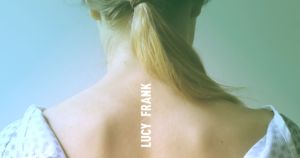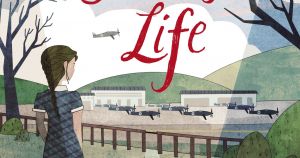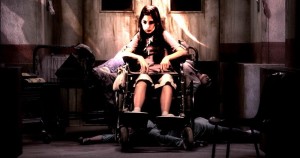
Review: Two Girls Staring at the Ceiling by Lucy Frank
I wish this book, featuring a girl newly diagnosed with Crohn’s, had existed when I was a teenager—my recurring thought throughout was, “Oh my god, someone wrote a book for me!”

I wish this book, featuring a girl newly diagnosed with Crohn’s, had existed when I was a teenager—my recurring thought throughout was, “Oh my god, someone wrote a book for me!”

Wonderstruck is wonderful. It is, to date, the most creative and ambitious novel about the d/Deaf experience in America I’ve ever come across.

When Deenie was first published, it may well have been a positive representation of the experience of a child with scoliosis, but it hasn’t held up well.

Although I can’t recommend it wholeheartedly, Louder Than Words features a well researched, realistic portrayal of progressive mutism.

I could criticize the focus on “fixing” and of the correlation between unwantedness and disability, but the book is focused on unwantedness in a broader fashion; Ava is as challenged by her circumstances as she is by her clubfoot.

The Categorical Universe of Candice Phee is a fun, well-written book, if an imperfect autism read.

We recap the highlights of our #diklSFF Twitter chat, including a link to the full Storify.

When we talk about disability and sci-fi/fantasy, the first thing many will think of is the magical disability trope. But what does this trope entail and imply? And how can you subvert it?

After the first two books in Jackie Morse Kessler’s Riders of the Apocalypse series—Hunger, about a girl with anorexia, and Rage, about a girl with depression—were so positively reviewed on the blog, we were incredibly excited to invite the author over for a joint interview.

Although I was underwhelmed by the portrayal of albinism in Akata Witch, it’s a great novel that features the first strong, sympathetic lead with albinism I’ve seen in quite a few years.